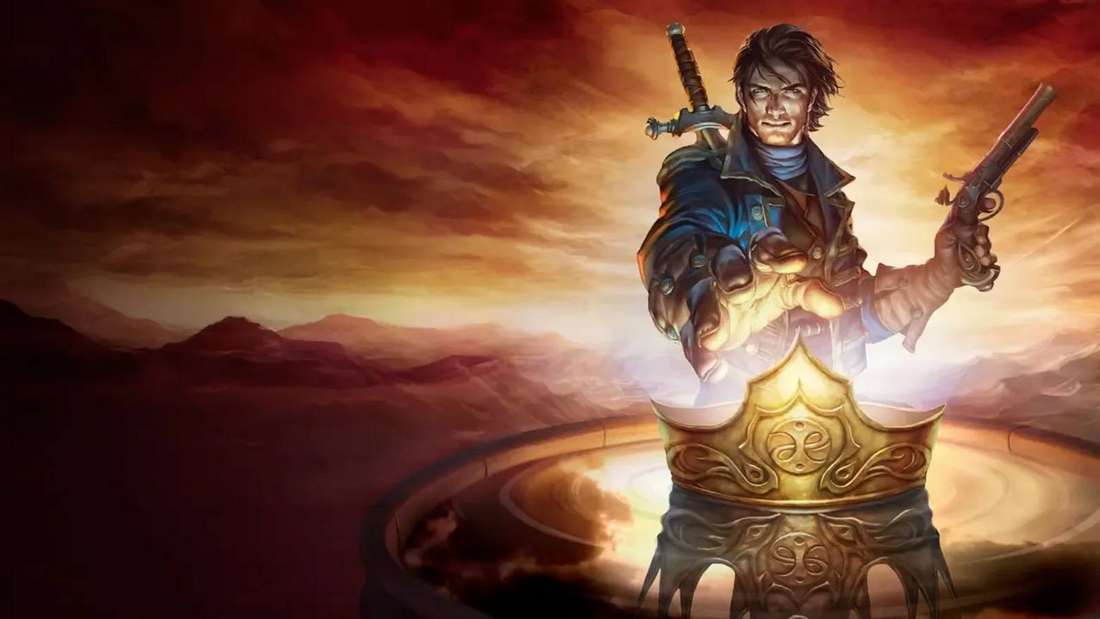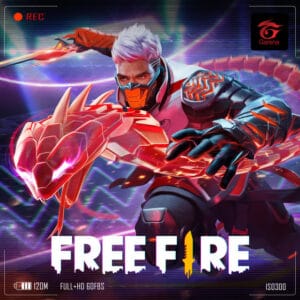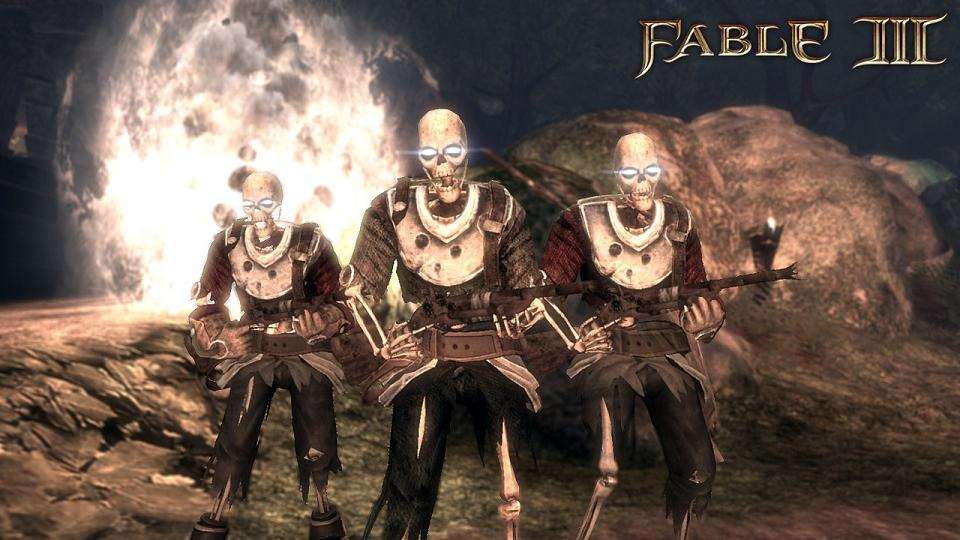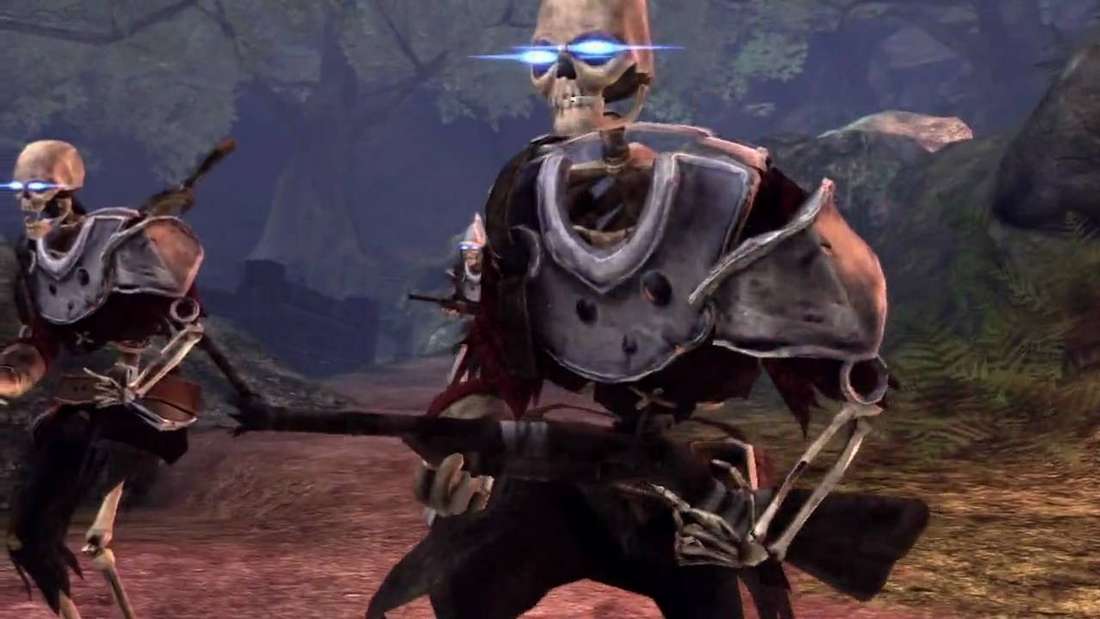A-List Invasion: How ‘Fable III’ Redefined the Star Power of AAA Video Games
Popular Now
 Toca Boca World
Toca Boca World
 Geometry Dash
Geometry Dash
 PUBG Mobile
PUBG Mobile
 EA SPORT FC 25
EA SPORT FC 25
 Among Us
Among Us
 Valorant
Valorant
 Garena Free Fire: Kalahari
Garena Free Fire: Kalahari
 Warframe
Warframe
 Black Myth: Wukong
Black Myth: Wukong
 The Legend of Zelda
The Legend of Zelda 
The convergence of Hollywood and the video game industry is a phenomenon that has accelerated dramatically over the last decade, transforming the casting and marketing of AAA game titles. While many early games featured celebrity voice work, 2010’s Fable III, developed by Lionhead Studios, made an undeniably bold and effective statement, assembling a cast so star-studded it rivaled a major cinematic production, arguably elevating the perceived prestige of voice acting in gaming to a new, A-list tier.
The game’s ambition was clear from the outset: to deliver a highly cinematic, deeply British role-playing experience. To achieve this, Creative Director Peter Molyneux went on record stating that Fable III would boast “the greatest cast that any computer game has ever had.” While such claims from Molyneux were often met with skepticism, the final roster for the game delivered an unprecedented collection of internationally recognized, top-tier talent.
 The Quintessentially British Blockbuster Cast
The Quintessentially British Blockbuster Cast
The sheer depth of talent in Fable III was more than just a marketing gimmick; it was a deliberate move to infuse the game’s characters with the gravitas and idiosyncratic charm of British cinema and television. The cast was anchored by Oscar winners and highly-acclaimed stage and screen veterans, making the announcement a major news event for the industry.
The Fable III Star Line-up Included:
- Sir Ben Kingsley (Sabine): An Oscar winner known for Gandhi and Schindler’s List, his participation marked his first-ever video game voiceover role, lending enormous credibility to the project.
- Michael Fassbender (King Logan): At the time a rapidly rising star, Fassbender delivered a compelling performance as the tyrannical king, a role now often cited among the best voice acting performances in gaming.
- John Cleese (Jasper): The Monty Python and Fawlty Towers legend provided the voice of the player’s ever-loyal and dry-witted butler, a beloved character that became a highlight of the game.
- Simon Pegg (Ben Finn): Known globally for the Mission: Impossible and Shaun of the Dead franchises, Pegg brought his signature wit to the role of a soldier in the Albion Royal Army.
- Stephen Fry (Reaver): Reprising his role from Fable II, Fry’s distinctive, silky voice was integral to the character of the narcissistic, ageless marksman.
- Naomie Harris (Page): An acclaimed actress known for Pirates of the Caribbean and the James Bond franchise, she voiced Page, the leader of the Bowerstone Resistance.
- Bernard Hill (Sir Walter Beck): Known to millions as King Théoden in The Lord of the Rings and the captain in Titanic, he provided the voice for the hero’s mentor.
Shifting the Industry’s Perception of Voice Work
While Fable III did not single-handedly invent the concept of celebrity voice acting—earlier games like Grand Theft Auto: Vice City (with Ray Liotta and Burt Reynolds) and the works of Fallout (with Liam Neeson and Ron Perlman) had used major stars—Fable III changed the conversation due to its sheer concentration of high-profile British talent and the visible efforts to market their involvement. This was not a quick cameo; these were performances integrated deeply into the game’s core mechanics.
Ben Kingsley’s comments at the time summarized the cultural shift: “It’s very energising and good for us actors to realize that [acting] is so diverse now. [Games] are as big a jump now as I suppose when cinema was invented… Now, it’s video games—and it is acting. It’s very demanding.”
This validation from an Oscar winner was a powerful signal to both the creative community and the public that video game voice work was a legitimate, demanding, and creatively worthwhile pursuit for top-tier actors. It helped to dismantle the outdated perception that gaming was merely a low-prestige side-gig for actors between film roles.
 The Lasting Legacy: A Higher Bar for AAA Production
The Lasting Legacy: A Higher Bar for AAA Production
The success of the Fable III casting strategy established a new precedent for AAA production value. In the years that followed, games increasingly sought out star power not just for voice acting but also for full motion-capture performances, often advertising the actors as a central selling point.
- Beyond: Two Souls (2013): Featured Oscar nominees Elliot Page and Willem Dafoe with full motion-capture, a clear evolution of the cinematic vision.
- Death Stranding (2019): Utilized a full cast of Hollywood and international talent, including Norman Reedus, Léa Seydoux, and Mads Mikkelsen, with photo-realistic likenesses.
- Cyberpunk 2077 (2020): Featured global icon Keanu Reeves in a major role, creating massive pre-release buzz—an immediate sign of the marketing power an A-lister now commands in the competitive video game market.
Ultimately, Fable III’s ensemble cast made a critical impact. By demonstrating that an AAA title could attract such a venerable roster of British actors—many of whom were taking their first steps into the medium—it significantly raised the bar for voice casting and helped usher in an era where high-quality acting, recognized by the mainstream, is expected in the most ambitious video game projects. The game normalized the idea that top-flight actors were not just in games, but were actively seeking out roles in this thriving, dynamic entertainment medium.
This early trend laid the groundwork for the multi-million dollar collaborations we see today between major Hollywood studios and the gaming industry, driving both creative depth and high-value CPC advertising opportunities.









 The Quintessentially British Blockbuster Cast
The Quintessentially British Blockbuster Cast The Lasting Legacy: A Higher Bar for AAA Production
The Lasting Legacy: A Higher Bar for AAA Production